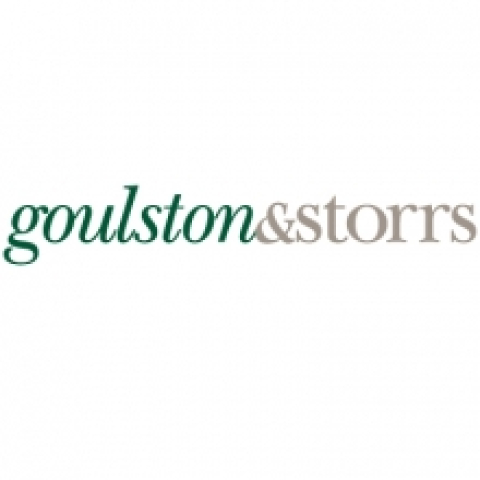Areas of Law
About
Matthew Kiefer is a real estate development and land use lawyer who helps for-profit and not-for-profit clients obtain site control and development approvals from public agencies for complex urban projects.
His project experience extends to market-oriented and affordable housing, commercial and mixed-use developments, as well as facilities and master plans for health care, educational, cultural and other nonprofit institutions.
Matthew also assists clients in the creation of public-private partnerships for open space, and is active in land use planning and policy and historic preservation. He is a member of the City of Boston’s Community Preservation Committee. He is the immediate past Chair and a continuing member of the Executive Committee of the Boston Municipal Research Bureau.
Chambers USA recognizes Matthew as "a preeminent force in development and land use work, having substantial experience representing developers in large public projects." Chambers also cites a source who states that “he is outstanding at moving deals forward in a very quiet but highly intelligent and creative manner."
Matthew is the co-chair of the firm’s Green Business practice and its Climate Resilience Task Force.
He has taught in the urban planning and real estate programs at the Harvard Graduate School of Design and MIT, and has written and spoken extensively on real estate and land use law and policy. Additionally, Matthew contributes articles and book reviews on land use planning, design and development for The Boston Globe, ArchitectureBoston, Harvard Design Magazine, Urban Landand other publications.
- Regulatory approvals for real estate developments throughout Boston’s Seaport District, including apartments, condominiums, hotels, and tech, office and retail space.
- Phased mixed-use developments in central Boston approved under the Planned Development Area provisions of the Boston Zoning Code, including the 6.3-million-square-foot Seaport Square on 23 acres in the Seaport and the Harrison-Albany project, a 700,000-square-foot residential and commercial development in the South End.
- Market-rate, mixed-income and affordable residential projects in the outlying Boston neighborhoods of Brighton, Dorchester, East Boston, Jamaica Plain and Roxbury, including compliance with Boston’s Inclusionary Development Policy.
- State waterfront licensing under Chapter 91 for projects including Clippership Wharf in East Boston, the Innovation and Design Building in the Ray Flynn Marine Park, and Building 114 and the Spaulding Rehabilitation Center in the Charlestown Navy Yard, a path-breaking project constructed above anticipated flood levels.
- Institutional master plan approvals for major Boston hospitals and universities, including Massachusetts General Hospital, Northeastern University, Wheelock College and Berklee College of Music.
- Representation of Harvard University in the development of its Allston campus, including several business school facilities, a science and engineering building, a district energy plant and the revitalization of Barry’s Corner with green spaces, a flood storage swale, pedestrian improvements and other community benefits.
- Facilities for cultural institutions, including additions to the Boston Museum of Fine Arts and the Gardner Museum and new homes for the Boston Society of Architects, Historic Boston Incorporated and the Emerald Necklace Conservancy.
- Formation, regulatory approvals and funding options for public-private partnerships to create public open space, including representing The Trustees of the Reservations in pursuing a destination park along Boston’s historic waterfront and the Charles River Alliance in a potential public-private partnership to renew the Charles River Basin.
- Adaptive re-use of historic buildings, including FP3, Channel Center, and 319 A Street in the Fort Point Channel historic district.
- Historic restorations in the Back Bay, South End and Beacon Hill, including the Burrage Mansion, Zero Marlborough, 25 Beacon and Marais.
- Developer designations of publicly-owned sites from the Boston Planning and Development Agency foir projects in urban renewal areas; from the Boston Housing Authority for housing redevelopments in Mission Hill, Orient Heights and Charlestown; and from the Massachusetts Department of Transportation for land and air rights parcels including Columbus Center in the Back Bay, the Merano in the Bulfinch Triangle and Parcel 9 in Dudley Square.

